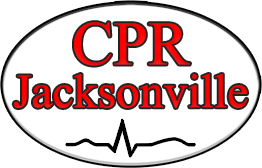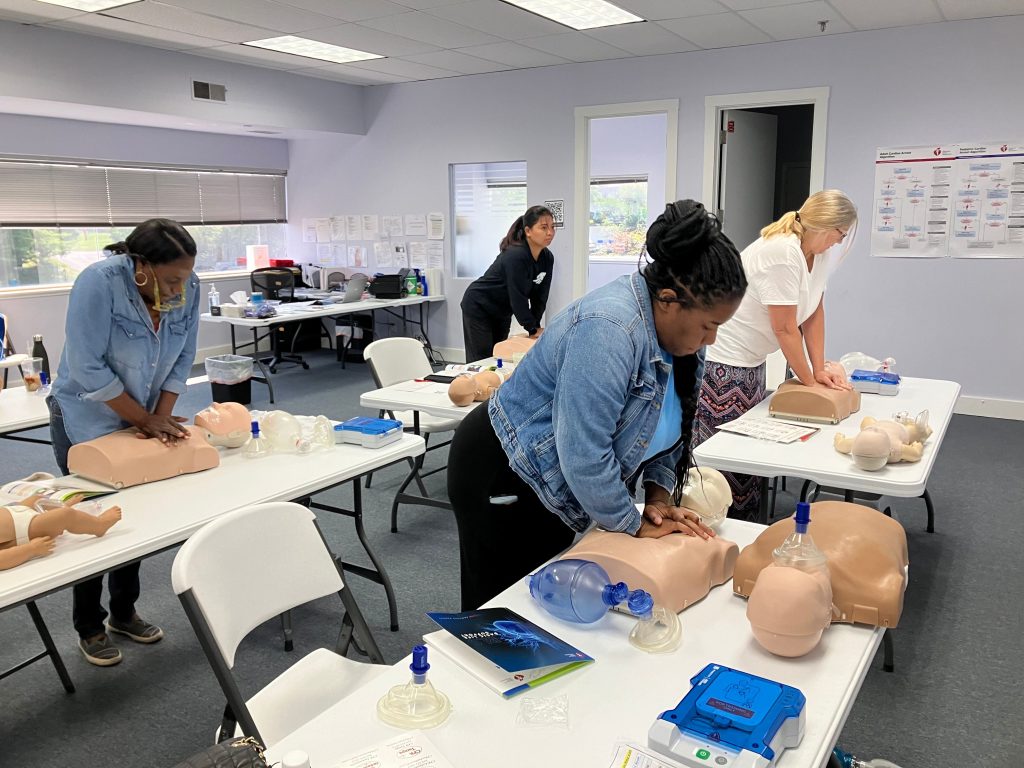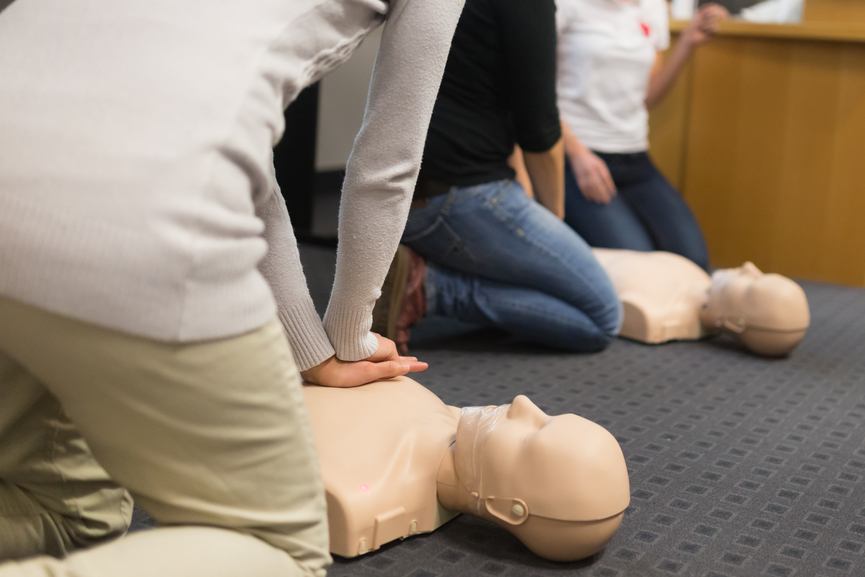Essential Skills for Basic Life Support
Basic Life Support (BLS) training is a critical component in the toolkit of anyone who may encounter emergencies where life-saving skills are needed. This training equips individuals with the knowledge and skills to effectively respond to cardiac arrest and other life-threatening emergencies. The American Heart Association (AHA) BLS certification is a widely recognized standard that ensures individuals are prepared to act quickly and effectively. In Jacksonville, FL, CPR Jacksonville FL stands out as a premier AHA training site, offering top-notch BLS courses to help individuals gain and maintain these essential life-saving skills.
Understanding BLS
BLS, as defined by the American Heart Association, involves a series of basic medical interventions performed to sustain life until more advanced care can be provided. It focuses on the critical steps needed to manage emergencies, including cardiac arrest until professional medical help arrives. BLS training is distinct from other CPR certifications, as it is specifically designed to cover a broad range of fundamental life support skills applicable in various emergencies.
Key Components of AHA BLS Training
Chest Compressions
One of the core components of AHA BLS training is chest compressions. This technique is fundamental in maintaining blood circulation during cardiac arrest. The proper technique for performing chest compressions varies slightly for adult, child, and infant patients. For adults, compressions should be delivered at a depth of at least two inches and a rate of 100 to 120 compressions per minute. For children and infants, the depth of compressions is reduced, and the technique may involve using one or two hands or fingers, depending on the size of the patient. The importance of correct depth and rate cannot be overstated, as these factors significantly impact the effectiveness of the compressions and the patient’s chances of survival.
Rescue Breaths
Another crucial skill taught in BLS training is the administration of rescue breaths. Effective rescue breaths are essential for providing oxygen to a patient’s lungs during a cardiac arrest or respiratory emergency. Techniques for delivering rescue breaths vary by age group, with specific methods for adults, children, and infants. For adults and children, the rescuer should use a combination of chest compressions and rescue breaths. For infants, gentle breaths are required, and the rescuer should ensure that the breath causes the chest to rise visibly. The ability to deliver these breaths accurately and efficiently is vital for effective resuscitation.
AED Use
The use of an Automated External Defibrillator (AED) is also a key component of BLS training. An AED is a portable device used to deliver an electric shock to the heart to restore a normal rhythm in cases of cardiac arrest. The basic steps for operating an AED include turning the device on, attaching the electrode pads to the patient’s chest, and following the device’s prompts. The integration of AED use with BLS is essential, as it enhances the chances of survival by addressing the electrical disturbances that can lead to cardiac arrest.
Advanced Skills and Techniques
Advanced skills and techniques covered in BLS training include the relief of choking for both conscious and unconscious victims. For conscious patients, abdominal thrusts (Heimlich maneuver) are used to dislodge the obstruction.
For unconscious patients, chest compressions can help expel the blockage. The training emphasizes high-quality CPR, which involves minimizing interruptions and coordinating effectively with team members in high-pressure situations. This approach ensures that the resuscitation efforts are consistent and effective.
Special Considerations
Special considerations are also a significant aspect of BLS training. BLS for Healthcare Providers includes additional skills and considerations tailored for medical professionals who may need to perform more advanced techniques or manage complex situations. Additionally, BLS training addresses variations in techniques for different age groups, ensuring that participants are well-prepared to respond to emergencies involving infants, children, and adults.
Hands-On Practice
Hands-on practice is crucial for mastering BLS skills. At CPR Jacksonville FL, the practical training approach allows participants to practice their skills on manikins and use AED trainers in a controlled environment. This hands-on experience is essential for building confidence and ensuring that participants can perform the techniques effectively in real-life situations.
Certification Process
To achieve AHA BLS certification, individuals must complete the course and pass a skills test and written exam. The certification is valid for two years, after which renewal is required. CPR Jacksonville FL offers convenient options for both initial certification and renewal courses, making it easy for individuals to stay current with their skills.
Choosing the Right Training Site
Choosing the right training site is important for receiving quality education. CPR Jacksonville FL is renowned for its stress-free, hands-on training approach and the expertise of its instructors. With a focus on practical, real-world scenarios, CPR Jacksonville FL provides an excellent learning environment for individuals seeking to gain or renew their BLS certification.
Conclusion
Mastering the essential skills taught in an AHA BLS course is crucial for anyone who wants to be prepared to save lives in emergencies. By gaining BLS certification in Jacksonville, FL, you’ll learn proven techniques for performing high-quality CPR, using an AED, and providing basic life support – skills that could one day make all the difference.
Don’t wait until an emergency arises to get the training you need. Enroll in a BLS certification or CPR certification course at a trusted American Heart Association training site like CPR Jacksonville FL. With hands-on, stress-free classes, you’ll build the confidence and competence to act quickly and effectively when seconds count. Get your BLS certification or CPR certification in Jacksonville, FL today and be ready to be a lifesaver.



